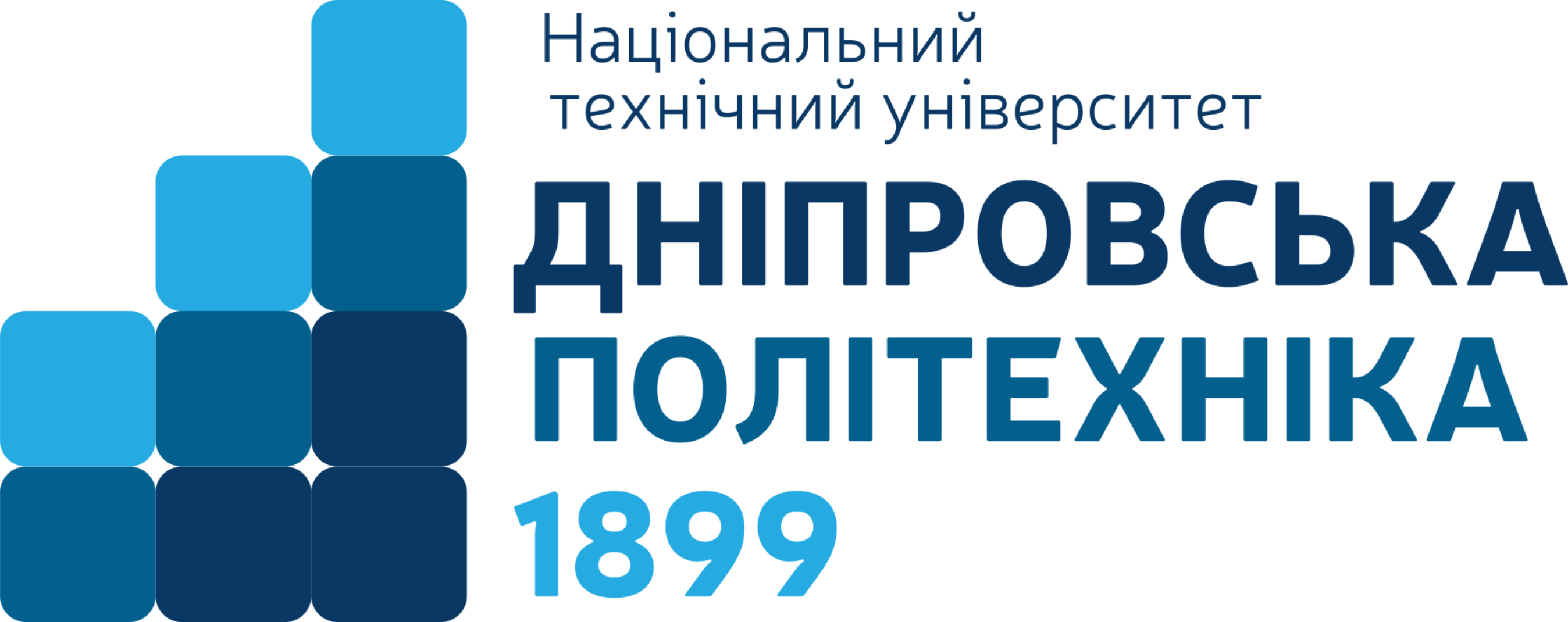PECULIARITIES OF COUNTERACTING THE LEGALIZATION OF CRIMINAL PROCEEDS WITH THE HELP OF VIRTUAL ASSETS IN CYBERSPACE: A PRACTICAL DIMENSION
DOI:
https://doi.org/10.32782/LST/2022-1-18Keywords:
Virtual assets, criminal offenses in cyberspace, legalization of criminal proceeds with the help of virtual assets, cyberspace.Abstract
One of the biggest obstacles to maintaining an efficient financial system is money laundering. This act is characterized by a significant level of public danger, because it is the basis of the existence of the shadow economy. In recent years, with the advent of virtual assets, new ways of committing this act have appeared. The concept of "virtual assets" is new for Ukraine, so the process of counteracting the legalization of criminal proceeds committed with the help of virtual assets in cyberspace is significantly complicated. In the article, based on a systematic analysis of current legislation, doctrinal sources, statistical and analytical data, the main ways of legalizing criminal income using virtual assets in cyberspace were identified. It was emphasized that today, neither in Ukraine nor in the world, legalized criminal incomes with the help of virtual assets are not accounted for, but this does not prevent the detection and analysis of methods of such laundering. In particular, methods of legalizing criminal income using virtual assets include: services for converting virtual assets; P2P exchange; gambling sites; virtual asset mixers; the use of fictitious websites for the sale of digital goods. Methodology. The systematic method helped to identify the main methods of legalization of criminal income with the help of virtual assets. The method of generalization was used to develop ways of counteracting the legalization of criminal income with the help of virtual assets. The method of legal forecasting was used to justify the proposed directions of combating the legalization of criminal income with the help of virtual assets. In addition, specific directions for combating this destructive phenomenon are proposed, which can vary from updating legislation to establishing international cooperation.
References
Gakunu P. Reforming the Financial System in Sub-Saharan Africa: the (long) Way Ahead. Finance & Bien Commun, 3 (N° 28-29), 2007, P. 139-146.
О.С. Бондаренко. Легалізація доходів отриманих злочинним шляхом за допомогою криптовалюти. Юридичний науковий електронний журнал. № 1/2021. с. 230 – 232. DOI https://doi.org/10.32782/2524-03 74/2021-1/56
Ю.П. Калайда. Можливості блокчейн – технологій у розслідуванні кримінальних правопорушень, вчинених в кіберпросторі. Інформація і право. № 4 (39) 2021. с. 170 – 178
History of virtual assets of Ukraine or something in the crypt. URL: https://juscutum.com/tpost/n2yyuvudg1- storya-vrtualnih-aktivv-ukrani-abo-scho.
The Financial Action Task Force (FATF). URL: https://www.fatf-gafi.org/.
O’Leary, R.R. “Europol Warns Zcash, Monero and Ether Playing Growing Role in Cybercrime“. URLt: https://www. coindesk.com/europol-warns-zcash-monero-and-ether-playing-growing-role-in-cybercrime
Coin ATM Radar. “Bitcoin ATM Map“ URL: https://coinatmradar.com/
Gilmour, P.M. (2022), "Reexamining the anti-money-laundering framework: a legal critique and new approach to combating money laundering", Journal of Financial Crime, Vol. ahead-of-print No. ahead-of-print. https://doi.org/10.1108/JFC-02-2022-0041
Wronka, C. (2022), "“Cyber-laundering”: the change of money laundering in the digital age", Journal of Money Laundering Control, Vol. 25 No. 2, pp. 330-344. https://doi.org/10.1108/JMLC-04-2021-0035
Biryukov, A., Khovratovich, D., Pustogarov, I. (2014). Deanonymisation of clients in Bitcoin P2P network. University of Luxembourg, URL: orbilu.uni.lu/handle/10993/18679.








